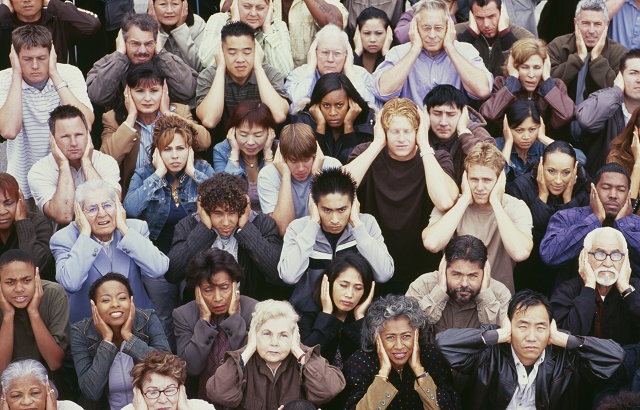In 2018, this group’s estimated wealth amounted to $18trn (£14trn, €16trn) with an estimated spending power of $3.6trn worldwide; so, why aren’t firms targeting them as clients?
There were an estimated 496 million lesbian, gay, bisexual and transgender (LGBT) people around the world in 2018 – according to research by investment firm LGBT Capital.
But the limited LGBT-friendly and LGBT-focused vehicles available to them means that this demographic has money to invest but nowhere to comfortably put it.
“LGBT consumers often need specialist advice, given that their needs are very often different to the broader markets,” said Paul Thompson, founder of LGBT Capital and chairman of Equality Wealth, talking to International Adviser.
Both companies target LGBT clients and offer LGBT-focused investment solutions.
ESG not niche enough
While more investors are choosing to put their money into environmental, social and governance (ESG) products, the ones available are still too vague in scope.
“Firms aren’t really focusing on the LGBT strands in particular,” Matthew Cameron, managing director of global investment network LGBT Great, told IA.
“It’s more integrated into an overall ESG approach than it is anything else. I don’t think that’s being pushed at the moment; the industry is fairly immature when it comes to LGBT.”
These types of investments, Cameron added, are “definitely inexplicit, discarded or disguised in ESG; which is kind of outstanding when you think that actually the LGBT business case is huge”.
However, it is not only about the community’s $18trn pot; because, according to Cameron, that figure could be more than doubled if the network of LGBT+ allies were taken into consideration.
In fact, LGBT investment opportunities are not exclusively for people in that community, with many who support LGBT issues being just as interested in investing in such products, both Thompson and Cameron said.
Yet, big firms and mainstream investors are not considering these opportunities.
Andrew Howard, head of sustainable research for ESG at Schroders, said that “most investors are looking at the wider picture of sustainable businesses; of which diversity, in all its stripes, is a key part, rather than the issue in isolation”.
While cases can be made for both a wider or more focused approach to ESG investing, Howard did admit that there is a growing demand for focused investment products.
And, according to Hermes Investment Management’s head of investment, Eoin Murray, millennials and young investors have the greatest appeal for these types of products.
Bridging the gap
As bigger firms struggle to provide niche and focused products within the ESG landscape, smaller firms are filling the gap.
Charlie Nicholls, partner at wealth management firm Equality Capital, told IA that there is a way to provide LGBT-focused ESG products.
“We only do LGBT-focused [investing] specifically. We rule out any investment that we consider to be non-LGBT-friendly and look at investments that champion LGBT rights.”
Equality Capital, for instance, starts its screening process at a country level. “We look at several different areas including [LGBT people being able to] serve in the military and adoption rights. Once [the country] has passed the screening we look at the company itself,” Nicholls said.
However, many places could fall into grey areas, granting some rights – such as civil partnership and anti-discrimination laws – but not the full package.
Each country falls into one of three categories, Nicholls explained: “Investable, uninvestable or labelled as ‘enhanced due diligence’.”
Investable countries are the ones protecting the rights of LGBT people on every level of their daily life, from marriage to adoptions; the uninvestable ones are those with governmental stances very much opposed to any form of LGBT inclusion and protection; while countries with ‘enhanced due diligence’ are those placed in the grey areas.
So, what happens when the country doesn’t champion full rights?
According to Nicholls, it’s the individual company that makes the difference.
“A lot of big companies [based in those countries] have much more liberal policies when it comes to LGBT rights, so if a country is middle ground, we look into the individual companies.”
Responsibility over returns?
One of the main concerns when it comes to ESG and, in this case LGBT as well, is that investing with a social principle in mind could compromise returns.
However, Nicholls claimed this is not the case for LGBT-focused products.
“So far, we are not seeing any difference between the performance in our LGBT-focused products than our non-ESG investments.
“A sacrifice in returns or taking very high risks may be the case with some ESG investments, like environmental. That is because ESG investments are normally in what we consider alternative or developing markets.
“LGBT+ are unique in ESG, in that it is actually the safer, more developed markets that are often LGBT-friendly. That makes building diversified portfolios a lot easier in LGBT+ investing, and why the returns perform well.
“This is one of the great benefits, it’s not either returns or moral compass, you can have both.”








